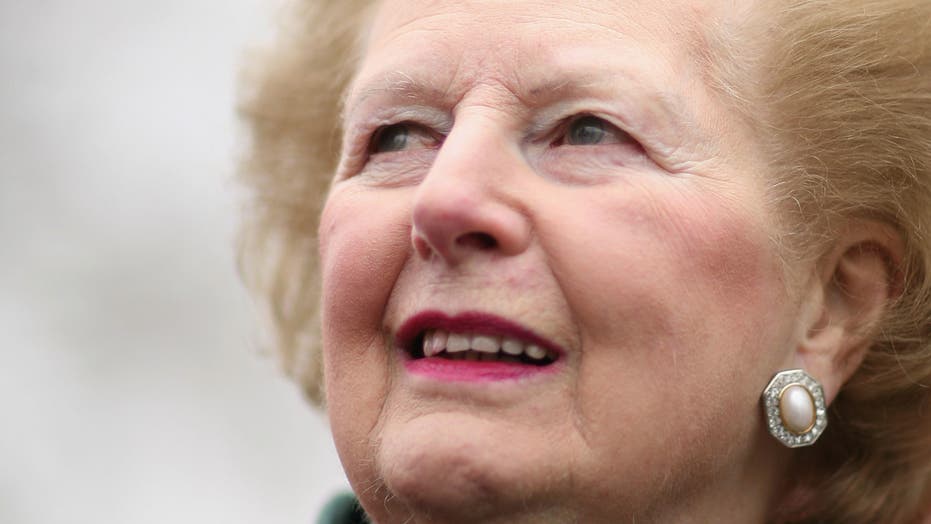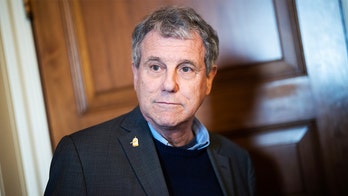Claudio Remeseira recalls marching in the streets of Buenos Aires alongside 30,000 protesters in the first large demonstration against Argentina’s junta military dictatorship.
It was March 30, 1982. Led by the CGT, then South America’s largest trade union, the protesters were attacked by police in the center of the city. But three days later, that would change when Argentina’s military dictatorship invaded the Falkland Islands to bring it back to Argentinean rule.
“To some Argentineans, Thatcher is like Hitler is to Britain in the 1940s - a big monster.You won’t find any sympathy for her at a popular level.”
The invasion espoused nationalistic pride among the same angry protesters who had rallied against the government.
“The national mood changed in favor of the military junta because of the invasion,” said Remeseira, a 22-year-old student journalist in Buenos Aires at the time.
As the world mourns Margaret Thatcher, Britain’s first – and only – female prime minister, Argentineans are reminded of the Falklands War, triggered by the junta invasion on April 2 and ending with the deaths of 649 Argentineans.
For Argentineans, Thatcher’s death brings mixed emotions. For some, Thatcher is solely responsible for the deaths of hundreds of their native countrymen. For others, she is someone who helped bring democracy to Argentina.
But for most, it’s a mixed bag.
“To some Argentineans, Thatcher is like Hitler is to Britain in the 1940s - a big monster,” said Remeseira, editor of the Hispanic New York blog. “You won’t find any sympathy for her at a popular level.”
Pablo Pinto, a professor of International Trade and Political Economy at Columbia University, was 16-years-old during the Falklands War.
"It’s clear to Argentineans that the issue over the Falklands is not a personal one against Thatcher," Pinto said. "It’s not hatred nor indifference. She’s not hated. She represents a wound to our pride, but ultimately for the Argentines the issue is with the UK, not Thatcher."
Remeseira believes that Thatcher’s decision to fight the junta, led by Leopoldo Fortunato Galtieri, changed the course of history for Argentina for the better. The Falklands War was important for both Thatcher and the junta. For Thatcher, the symbol of force by the British government, and eventual win, helped propel her to her two re-elections. For the junta, the loss of the war was the beginning of the end for the junta military dictatorship, which relinquished power in 1983.
“Had they won the war, we would have monuments to General Galtieri in most cities and towns in Argentina,” he said. “We would have an amnesty and blanket of silence on the crimes of the junta military during the dictatorship.”
As of Monday afternoon, the Argentinean government had yet to release an official statement on her death. Argentina’s own Pope Francis and the Vatican had not released a statement either. But hundreds have reached out to Argentina’s largest papers Clarin, and La Nacion to express their opinion.
But the radio airways are not buzzing with the angst or anger some expected.
“I was on for four hours, and 200 people more or less tried calling in, but no one is talking about Thatcher,” said Jorge Elias, Argentine journalist of Radio Continental.
Elias told Fox News Latino that utter hatred toward Thatcher herself can be found in small pockets in the country-side outside of Buenos Aires, or in the south near Tierra de Fuego. Many of the men sent to fight for the junta came from these communities.
“I don’t think we will have a celebration,” Elias said of Argentina. “Maybe a lefty party will do so in front of the embassy, but that’s it.”
The Falklands, or Malvinas, has remained British territory since the end of the war and has become a national cause – and a part of the national identity. Thatcher’s death is not expected to change sentiments.
“Thatcher was a symbol, but for the last 20 years she was completely irrelevant to the discussion,” Remeseira explained.
The Falklands War proved to be a defining moment for Thatcher, who would go on to lead Britain under conservative principles.
For some, her legacy after the Falklands War will be remembered first and foremost.
“The whole Falklands issue, the primary concern over the islands comes from the political elite,” Luke Coffey, a Margaret Thatcher Fellow at the Heritage Foundation. “There is enough trouble in Argentina with its economy that perhaps they should follow some Thatcherite economic policies to dig themselves out of the economic crisis.”
Follow us on twitter.com/foxnewslatino
Like us at facebook.com/foxnewslatino





